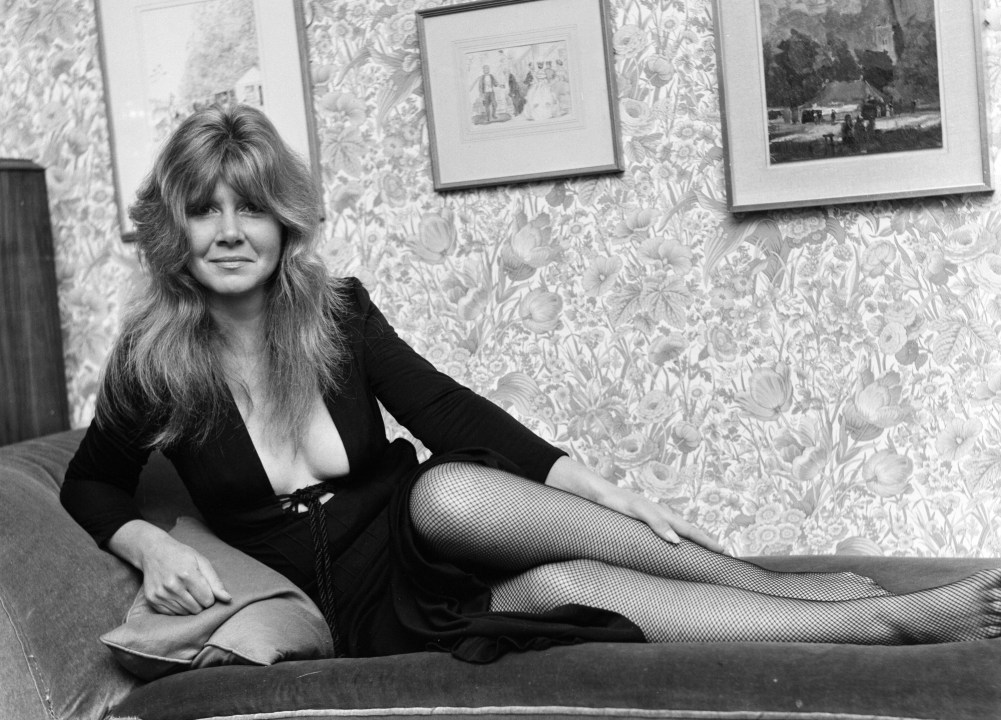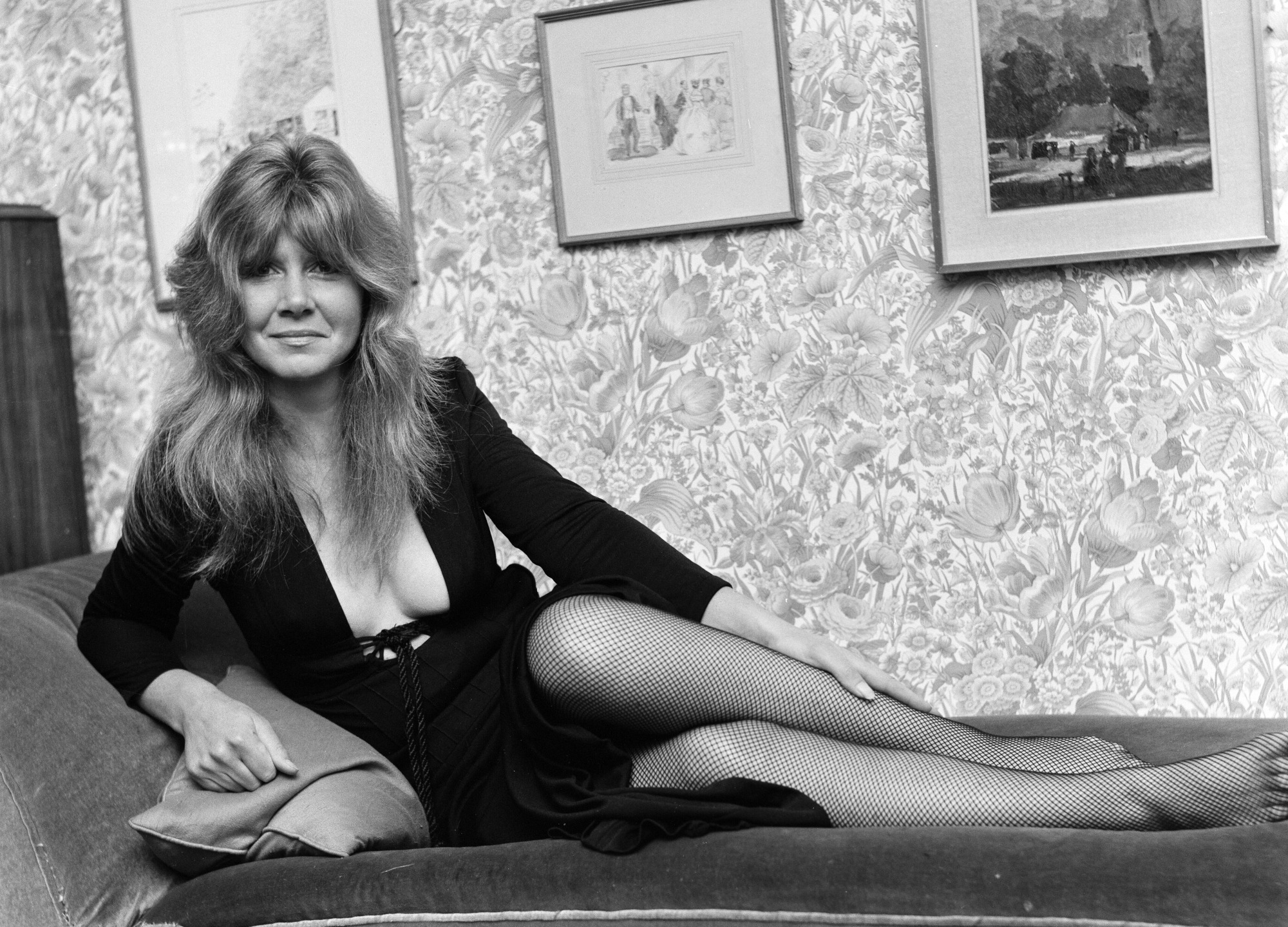Dame Jilly Cooper, who has died at 88, had a remarkable career, turning herself from a sparkling writer for newspapers into the author of novels which survive, decades after they came out, very well. Few of the huge bestsellers of their day are read 40 years on – The Manxman, Peyton Place, Valley of the Dolls, Scruples all faded away. When one of Dame Jilly’s 1980s novels, Rivals, was filmed in 2024, it didn’t revive a forgotten favourite: like almost all her other novels, it had never disappeared from readers’ affections. Her books stand every chance of turning, in time, into classics of our literature.
What makes the novels work so well is that her characters start to speak, and you remember them
Cooper’s novels fall into two groups. The first, a series of shorter, often very charming romances were written in the 1970s. The second is a cycle of 11 wonderfully sprawling novels, from Riders in 1985 to Tackle! in 2023. They are set in roughly the same English rural territory, with excursions to more metropolitan and international settings. Most of them engage with particular professional activities – racing, classical music, schools, football. Characters return in major or minor roles from one novel to the next, just as in Trollope.
All of the Rutshire novels have huge casts of characters, unfailingly vivid and distinct. You would have to be rather a prig to object to the broadness of some of them – the thuggish teenagers in Wicked! or a wonderfully lecherous Italian maestro. What makes the novels work so well is that her characters start to speak, and you remember them. Quite often, this memorable quality is rooted in Cooper’s dedication to analysing exquisitely tiny class differences – the distinction, at the beginning of Rivals between two passengers on Concorde, both on the surface upper class. The difference between a peer and the effortlessly superior Rupert Campbell-Black is indefinable, and Cooper defines it.
‘Any English novelist’, Cooper wrote in her absorbingly specific study, Class, ‘if he is to draw characters with any accuracy, must be aware of the minutest social nuance.’ The distinction between a person who likes Brahms, and one who likes Grieg, could only be produced by deep cogitation. Her dedication to the principle of fiction rooted in class difference produced novels as expertly turned as well-crafted furniture. Just as likely to contribute to a lasting reputation was her dedication to comedy. The laughter in Cooper comes less from farcical situations and, very often, from the extravagant and ludicrous sentence. In a very English way, this turns up in the middle of a very saucy sex scene. ‘Rupert had the most enormous erection, so like a Cruise missile that Cameron half expected to see lots of Greenham women camped round the bed looking disapproving and waving CND banners.’
Those sex scenes, very characteristic of the 1980s bestseller, have a beautiful variety of effect in Cooper, often shifting effortlessly from hilarious to lewd to tender regret with immense confidence. In Polo, a coupling with a magnificent Argentinian player, just under the Heathrow flightpath finds the earth shaking in a surprising, fresh way – ‘despite the repeated roar of landing and departing which shook the little room as a terrier shakes a rat, he immediately fell asleep.’
All that brilliant energy, the comedy, the fascination with difference, is utterly characteristic of the traditions of the English novel. Characteristic, too, is Cooper’s expressive and fresh observation of landscape, weather, houses, never effortful and always clearly observed. Cooper was an unusually attentive novelist, the sort whose specific, beady observations garner a nod of recognition from their first readers, and after a while, the interested discovery of later generations.
Most writers disappear quite quickly, despite orchestrated acclaim, sponsorship, the assertions of scholarship and the awards of prizes. The books that last might have surprised the literary community of the day. Barbara Pym survives and Nancy Mitford. 1940s commentators were quick to insist that Evelyn Waugh’s comic novels were ‘poor things’ next to the works of Nigel Balchin.
Cooper’s novels have already lasted astonishingly well. Might it be that their qualities will keep them in place? They are funny; they are inexhaustibly interested in individuals; they are written with an unflagging verve and energy; they have, in spades, what the most high-minded among us have always, mistakenly, deplored in even the greatest of novelists, an appalling degree of vulgarity. Most people loved Dame Jilly in person and freely admitted it. Maybe the time will come when these gloriously pleasurable novels are, rightly, esteemed and read without guilt or apology.








Comments